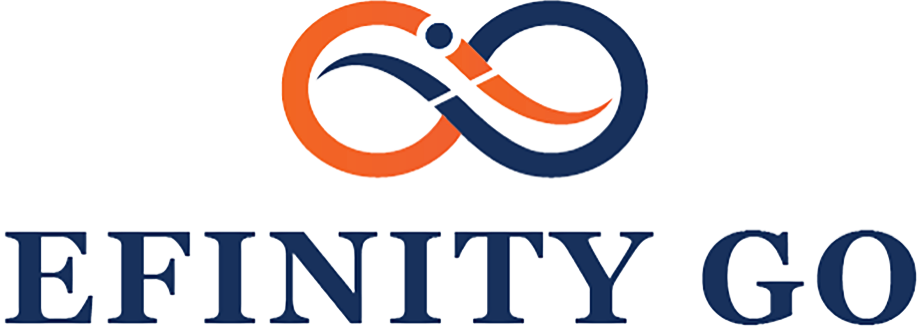Keys to Texas Cash Out Refinance
- sean7377
- Jul 28, 2020
- 2 min read
Updated: Aug 7, 2020
A cash out loan can be a great tool for needed liquid cash for financial relief in hard times. There are a few key to know when considering this as an option.

Let's start with the recent update to Texas laws. In 2017, voters passed new laws affecting this type of loan to be friendlier to the consumer. These changes include.
You can now refinance into a conventional loan (without a cash-out) one year after getting a Texas cash-out refinance loan
If you use your land for agricultural purposes, you can now qualify for a Texas cash-out refinance loan
The fee on this loan lowers from 3 percent to 2 percent
Cash out loans can offer numerous benefits such as lowering your mortgage rate, obtaining extra funds for anything from a new car to college tuition to funding a business and you may also be able to shorten your repayment timeline.
The Texas cash-out refinance loan explained
A Texas cash-out refinance loan is also called a Section 50(a)(6) loan. With this option, you refinance your current mortgage while also tapping into your home’s equity. This tapped equity converts into cash paid out at closing. The cash can be used for anything you’d like, from home improvements to paying off higher-interest debt.
A Section 50(a)(6) loan can be a good option if you want to refi and need extra cash. You can get a fixed interest rate. That offers more stability and better peace of mind than a home equity line of credit’s (HELOC) variable rate. Plus, your mortgage interest may be tax deductible. (Check with a professional first, as recent changes to the tax law apply.)
The home equity fine print
But note that Texas has unique laws when it comes to cash-out loans and home equity. In Texas, the maximum loan-to-value (LTV) you can get for your primary residence is 80 percent.
Say your home is worth $200,000 and you’ve earned 60 percent equity. In this case, you can borrow 40 percent of your home’s equity. That equates to $80,000 you can cash out. The 20 percent of your home’s value that remains—$40,000—must stay put.
For more helpful information click on the chat button at the bottom right hand of the page.




Comments